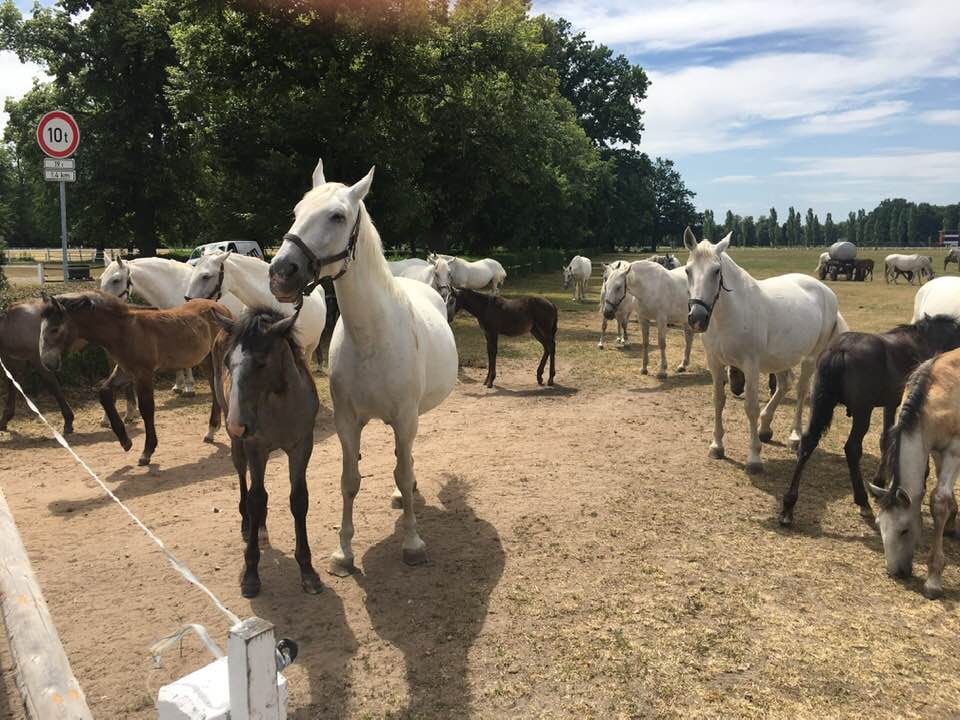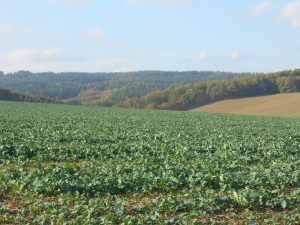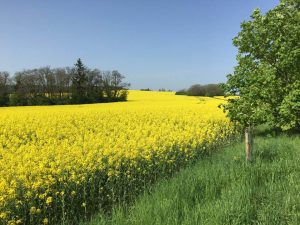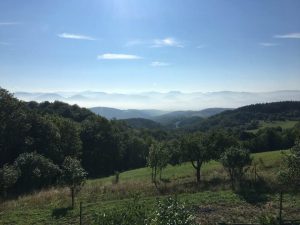
In this edition of our interview series, we talk with Dr. Ing. Jaroslav SMEJKAL from LESPROJEKT who is leading the pilot project 2.3 focusing on Data Brokerage Service and Decision Support System for Farm Management.
Can you tell us a bit about yourself, your organization, and your involvement in the DEMETER project?
My name is Dr. Ing. Jaroslav SMEJKAL. I am an employee of company LESPROJEKT which is located in the Czech Republic and is a partner of project DEMETER. I am working long term in the area of R&D as a project leader.
LESPROJEKT is a small innovative company with long-term experience in implementing research results into practice in the form of products and services. LESPROJEKT has had a significant market position for more than 20 years and focuses primarily on business activities in the areas of the environment, crisis management, forestry, agriculture, and transport. The results of previous research activities are offered mainly in the form of services.
What pilot cluster and pilot project are you involved in?
I am leading on behalf of company LESPROJEKT our pilot 2.3. The pilot has a name: “Data Brokerage Service and Decision Support System for Farm Management”. We are a member of DEMETER WP5 Cluster 2, where we are also working. Pilot Cluster 2 specifically focuses on the usage of agricultural machinery and the establishment of precision farming.
What is the objective of the pilot and what approach are you taking?
This pilot will establish a trust-based and compliant data market for agricultural enterprise data that sits between the owners and operators of agricultural data Clouds and the farmer. It will include both a technical platform and advisory services that will ensure easy adoption of data and technology by farmers.
The objective is to use data integration, analysis, and visualization applications for a decision support system.
The Pilot will initially be deployed in 6 farms in the following countries:
- Czech Republic – 2 sites,
- Poland– 2 sites,
- Latvia – 1 site,
- Norway – 1 site.
The farms will be diverse in nature and size. We will have farms with crops, vegetables, potato production, and also with livestock production.
- DEMETER pilot farm
- DEMETER pilot farm
- DEMETER pilot farm
Farms will implement these data markets for agricultural enterprises in the process of managing their farm, as well as indicate expectations and comments regarding the functionality of this system.
The data market will consist of both a technical platform and advisory services that will ensure the easy adoption of data and technology by farmers.

Figure 1: Overview of pilot 2.3
Figure 1 presents a general picture of how this pilot is going to work. For this pilot, we have considered inputs that are presented on the left side of the picture. Figure 1 presents also a general picture of how this information is gathered through the different IoT platforms, tailored to DEMETER entities, and integrated into the DEMETER Hub.
What other stakeholders are involved in the pilot?
From our DEMETER consortium 3 internal partners – internal stakeholders will be involved in solving this pilot 2.3:
- Partner No. 21, “ASPLAN VIAK INTERNET AS” (AVINET), from Norway
- Partner No. 43, “INSTYTUT CHEMII BIOORGANICZNEJ POLSKIEJ AKADEMII NAUK” (PSNC), from Poland
- Parter No. 52, “WIELKOPOLSKI OSRODEK DORADZTWA ROLNICZEGO W POZNANIU” (WODR), from Poland
We have considered also 7 other external stakeholders who are impacted by the outcome of our pilot. They have an interest in the success of the project. They are from areas of:
- Public administration,
- Universities,
- Local action groups,
- Farms – in our pilot areas,
- Agri machinery and equipment producers,
- R&D space.
What are the expected outcomes of the pilot project?
Expected outcomes and benefits are to use data integration, brokerage service, analysis, and visualization applications for a decision support system on the farms. Farmers will have access to the complete data, and they will be able to provide integration of this data in on support, information, and decision-making system. Farmers currently do not have this option. This farm support, information, and decision-making system will have a positive influence on current waste eliminations, increasing efficiency, time, effort, and expenditures saving.





